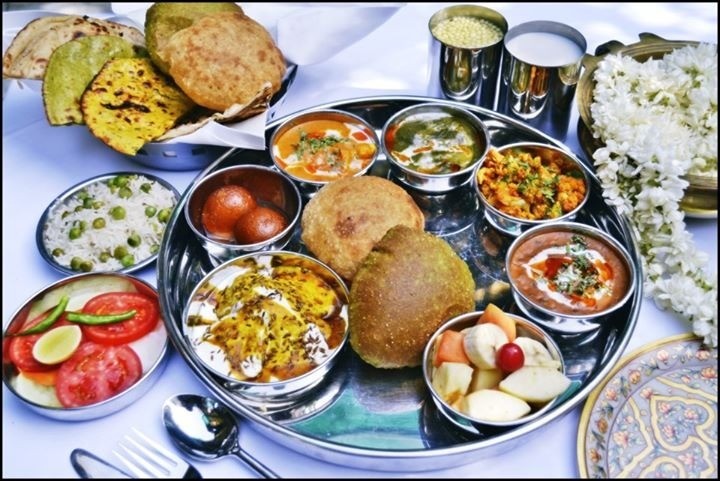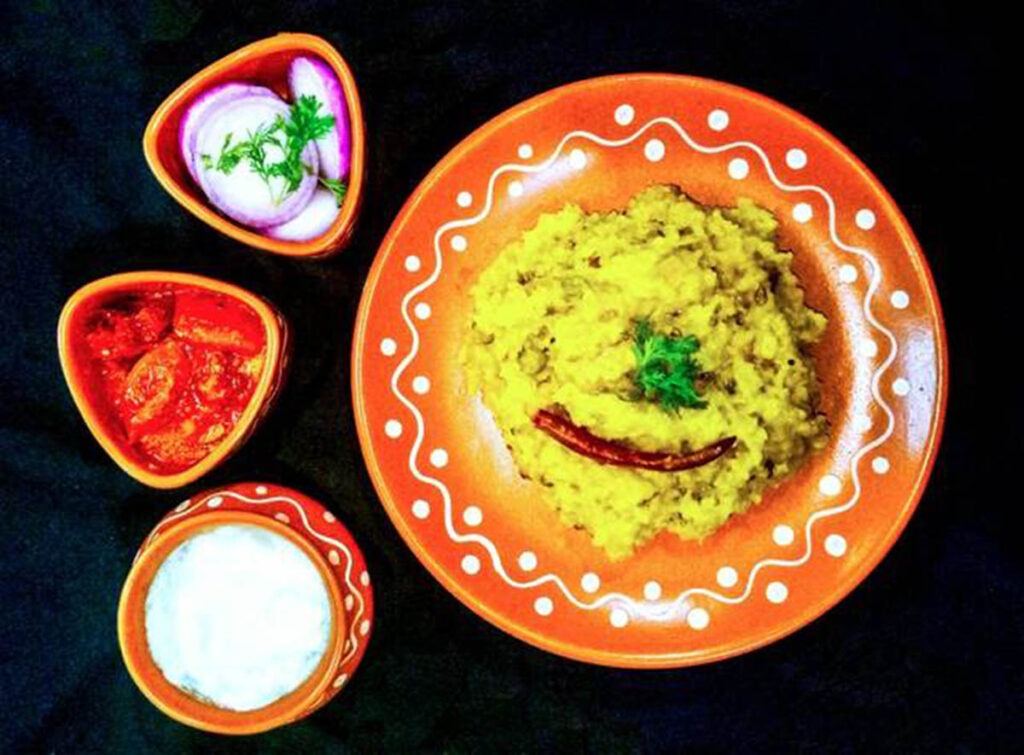INDIA. Delhi. The last four and a half months of COVID-19 lockdowns have been affecting the way the world eats. The food habits of people have changed and not necessarily for the better. However, proper care is needed since a balanced and nutritious diet along with proper hydration is vital to strengthen immunity.
A variety of fresh and unprocessed food every day is needed for vitamins, minerals, dietary fiber, protein, and antioxidants. Drinking a sufficient amount of water, avoiding processed sugar, and salt can lower the risk of getting sick from COVID-19. It can also help manage weight, prevent heart disease, stroke, diabetes, and certain types of cancer.
A dietary breakdown from expert chefs
The Transcontinental Times spoke to Executive Chef Siddharth Sankar Sarmah at the Holiday Inn New Delhi Mayur Vihar and Chef Jagdish Kumar at Vega Restaurant in Hotel Alka, to discover the ingredients of a good diet.
Chef Sarmah said, “COVID-19 has posed the greatest challenge when it comes to diet. Along with the pandemic, the monsoons are now adding to the danger of common infections.” He stressed that foods rich in Vitamin C like red bell peppers, papaya, lemons, and roasted tomato should also be part of a good healthy diet.
Chef Kumar adds, “Yes a good, healthy, and well-balanced diet is very important in the road to recovery. We should eat the rainbow, including all colors and varieties in our diet like vitamin C, vitamin D, vitamin E, and omega 3 fatty acids, which come in nuts and seeds like fax seeds, walnuts, and chia seeds.”

Immunity Food Platter. Photo Credit: Vega Restaurant 
Multigrain Khichadi. Photo Credit: Hotel Holiday Inn
During the interview, both chefs offered diet tips which can help people stay healthy and boost immunity during these challenging times.
Practice good eating habits
Food is a crucial element in filling your mind with positive energy. A normal diet should include anti-oxidants like fruits to help remove the waste products of the body. Zinc is available in whole grains and pumpkin seeds and should never be excluded from your diet. Proteins are also very important, which you can get from chickpeas and cheese.
Try to eat fresh food and avoid canned or food stored in your refrigerator. Be sure to consume leafy green vegetables, legumes, and whole grains. You can also include foods from animal sources like fish, meat, eggs and cheese. Immunity boosting spices like ginger, black pepper, and turmeric are helpful, along with citrus fruits.
Try not to eat outside and take light meals at home that are cooked properly. A bowl of hot multigrain khichadi is the best. You can use whole jowar, rajgira, or ragi for extra protein content. You can add pepper, garlic, herbs, and spices to enhance the taste.

Hydration and nutrition
People should keep themselves well hydrated and keep drinking water. It keeps the mucus membranes moist, which helps reduce the chances of succumbing to the ill effects of COVID-19.
Drink up to 8-10 glasses of water every day. Try drinking a glass of boiled water in the morning. Overnight soaked fenugreek or pearl barley water instead of sugar-sweetened beverages is best. Beetroot juice can also be taken as a good source of iron.
People should avoid flavored drinks. A homemade fruit smoothie with up to three dates can be a good source of calories. Hot soups, coconut water, green tea, and milk are also recommended.
Spiced tea or kadha seasoned with spices, herbs, and honey is a delicious way to help boost immunity.
Do not neglect your mental health
In the pandemic, people are struggling with depression. Hence why your diet should include beta- carotene, which comes from plants like broccoli, spinach, sweet potato, and carrots. Also, don´t forget to include whole grains and complex carbohydrates. Both are linked with mood-boosting brain chemicals like serotonin.
Eat at regular intervals
Do not change your eating habits drastically. A good breakfast will keep you supplied with much-needed energy. Eat seasonal fruits and vegetables after washing them before use. A glass of turmeric milk at night is also something to consider.
Nutrition advice for senior citizens
Avoid oil-based food. High salt and sugar content foods must also be avoided. This will help keep blood pressure and blood sugar issues under control.

